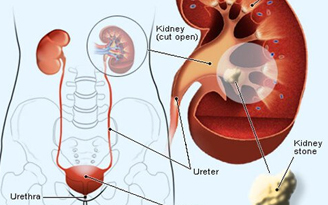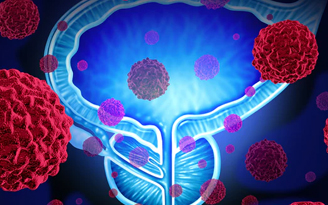What is Pediatric Urology?
What is Pediatric Urology? Pediatric urology includes the treatment of children and adolescents with genital or genitourinary disorders. According to the Indian Academy of Pediatrics, pediatric urologists have at least five years of professional training and a four-year medical degree. Likewise, they must dedicate at least 60% of their professional time to children and adolescents with urological pathology.
In addition to medical training, pediatric urologists are recognized for their ability to communicate and interact with children. Their service is generally nice, bright, sweet, and friendly. It is decorated and arranged to stimulate children's anxiety and imagination. There are so many colorful games in the exam room and waiting room, you can watch videos and movies in the background, and there are too many books.
One of the problems of pediatric urologists is the difficulty of communicating at birth. In children, symptoms are often vague. The information provided by the doctor can be confused with the interpretation of a third party, such as a parent. Concerns about a child's condition can affect family relationships. In this case, the need for accurate and precise physical diagnosis and analysis becomes important.
Once diagnosed, a surgical or clinical urologist can play the role of the baby. The reason is that the needs and severity of each child can vary from one doctor to another. Examples of urinary tract diseases are urinary tract problems, urinary tract infections, and genetic structural abnormalities. Other symptoms include urinating and damage to the urethra due to disease or injury.
Surgery Pediatric urologists must be knowledgeable about all types of surgery. For example, children with special needs have urological health problems. In some boys, it is unable to transfer kidney deposits from the abdomen to the scrotum. This problem usually goes away on its own before the baby is a year old.
However, some children require minimal and unusual surgical procedures to resolve the problem. It can solve almost all these conditions. Another common problem in male urology is hypospadias. In the fetus, the urethra is not completely released.
Incidentally, this benefit requires surgery within eighteen months. In some cases, special pediatric surgery is needed to treat new urethral pain. In most cases, a pediatric urologist can restore your baby's organs to normal. The prenatal diagnosis program allows a pediatric urologist to diagnose prenatal problems. Your doctor can help your child's urethra as soon as possible and help you avoid further complications.
Enlarged prostate surgery in children includes internal and outpatient surgery. The current trend is to use less bizarre methods, including laparoscopic surgery. Also, surgical treatment can be combined with drugs and methods. Parents should be referred to a pediatric urologist. This means that your baby will be cared for by an experienced and trained doctor.




Comments
Post a Comment